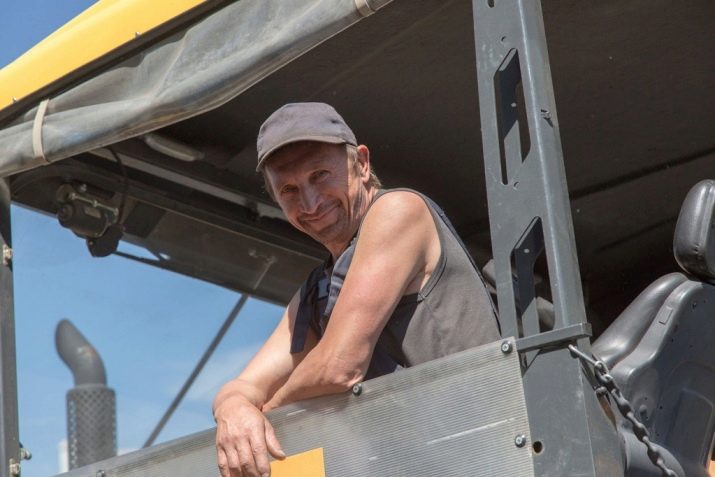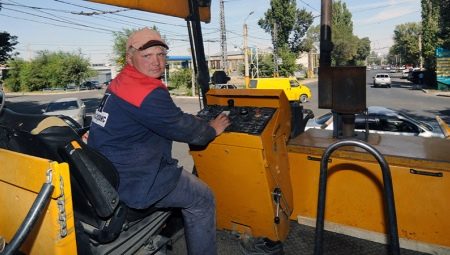Each profession has its own subtleties and nuances. Let’s try to figure out who the paver driver is, what he does, where to study and where such a specialist will work.
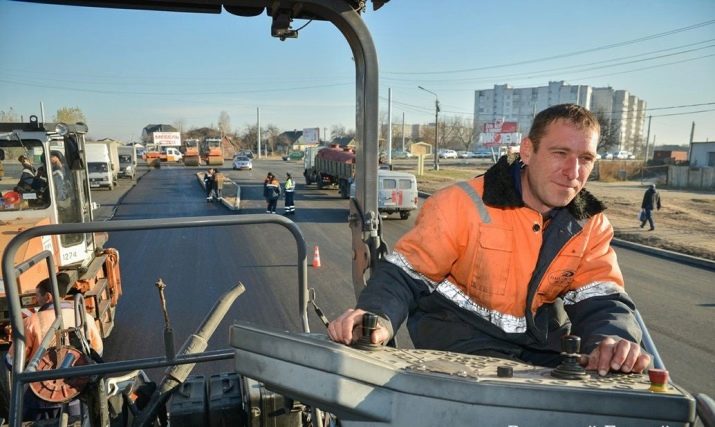
Features
The work of the paver driver is not as widespread and honorable as the profession of pilots, sailors, military, architects or even electricians. But still without the efforts of such necessary specialists, one of the fundamental pillars of modern civilization — main and local roads, will collapse. It is difficult to even imagine when it will be possible to do without covering roads and sidewalks with asphalt. And therefore, people laying it from scratch or during repairs will always be in demand. But roadwork is not for the mentally and physically weak.
I have to go to work, regardless of the weather and time of year. It is extremely rare, but you have to lay asphalt in the winter. A normalized schedule is not common, but night shifts become commonplace. After all, with the onset of darkness, the flow of cars weakens, which means that roads can be repaired more efficiently and fully.
Of course, there is a specific circle of knowledge and skills, which we will discuss later.
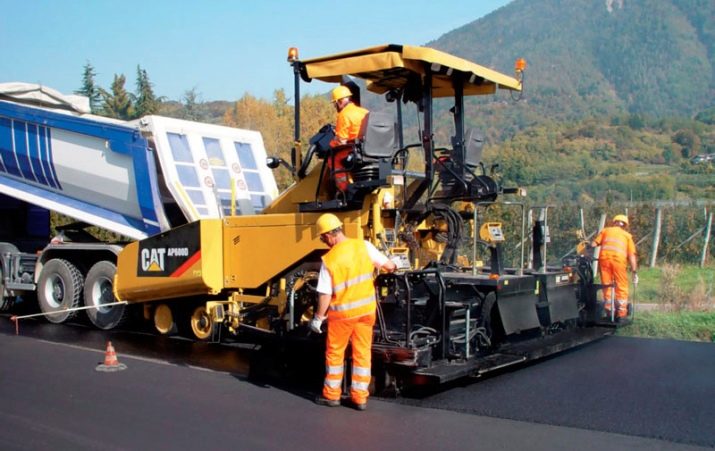
Responsibilities
The list of main responsibilities of the paver driver is described in ETKS. This specialist:
controls various machines and devices used in the construction, repair of roads;
serves his car;
carries out its preventive and general repair;
checks the serviceability of the paver before entering the task;
refuel it with fuel, lubricants and other technical fluids.
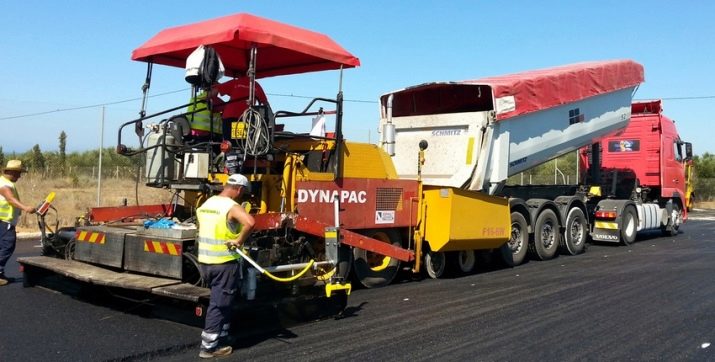
Knowledge and skills
This moment is also registered in ETKS. Paver driver knows:
device and basic capabilities of the machines entrusted to him;
requirements and instructions for their use;
laying methods;
basic requirements for the quality of the roadway;
fuel consumption rates, asphalt;
labor productivity standards for paving;
safety requirements;
principles of safe storage of used substances;
Traffic Laws.
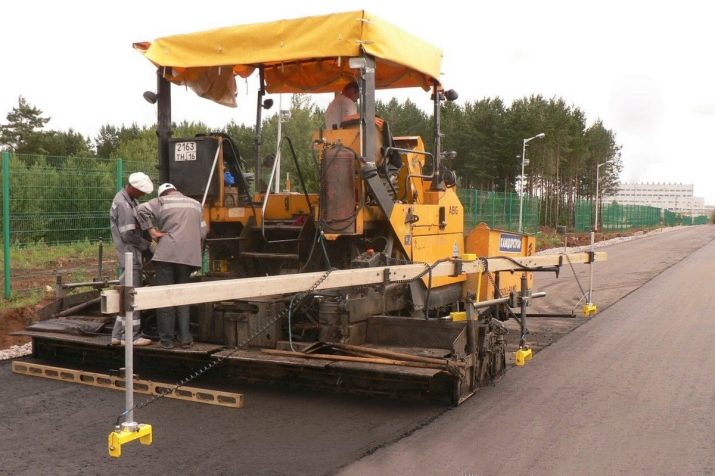
In job descriptions, they also mention such requirements:
knowledge of internal rules;
knowledge of current executive orders;
first aid skills;
environmental, sanitary standards and methods for their implementation;
additional provisions added at the request of management.
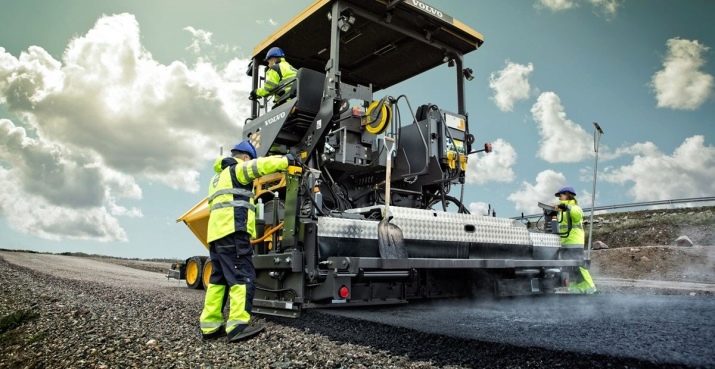
Training
Of course, you do not need to get a higher education to work on the paver. However, it is still necessary to undergo secondary vocational training. Appropriate education can provide in specialized technical schools and training courses. You can find them in any regions you want. Fit:
Training center "Perspective" (Moscow region);
Omsk Motor College;
Khabarovsk Automotive College;
Kostroma Road College;
Yakutsk Road Technical College;
Tomsk Automobile and Road College;
Yekaterinburg Automobile and Road College;
Novosibirsk Motor Transport College;
Petrozavodsk Motor Transport College;
Marstar courses (St. Petersburg);
training center "Amulet" (Moscow);
"Educational Combine" (St. Petersburg);
training center "Machinist" (Vologda).
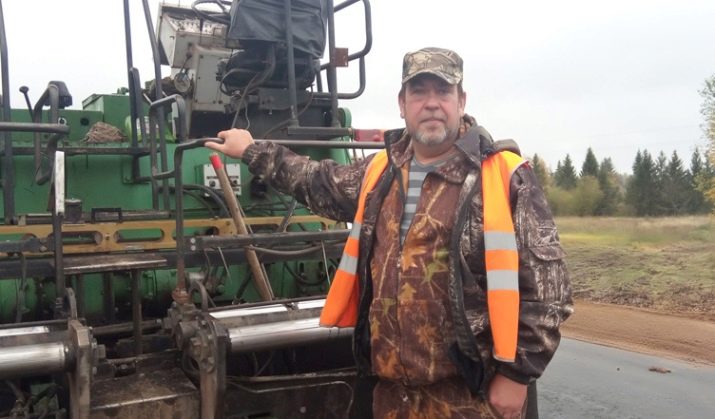
Workplace
As already mentioned, working with an asphalt concrete paver driver is not easy. And this is not only a significant physical load (even the best machines can not roll everything themselves correctly, they have to "help" using a shovel and other devices). Asphalt and asphalt are very hot, and working in the summer with building materials, the temperature of which reaches 160 degrees, is a dubious pleasure. No wonder No one under the age of 18 is allowed to work on pavers.
Machinists laying machines go to work in special clothes and shoes. There is no other way to protect against possible contact with the heated mixture. It is also worth considering that this is also a sedentary work, and not just physically loading. In addition, paver mechanisms create harmful vibrations.
And to top it all off, bitumen vaporization products are not healthy at all.
